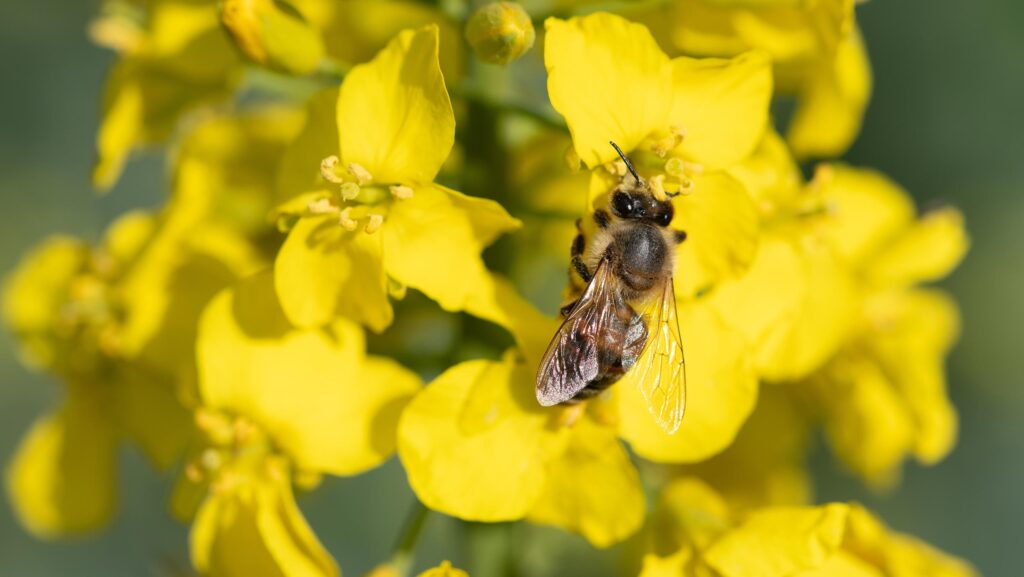Insect shift challenges claims of farmland-driven crisis
 © Adobe Stock
© Adobe Stock Environmental groups have warned of an “insect declines crisis” linked to intensive farming, but new research shows no nationwide collapse, but complex, local shifts driven by urban sprawl and climate change.
The study, published in Nature Communications, analysed more than three decades of records for 1,252 insect species, including bees, butterflies, moths, beetles and hoverflies.
The findings reveal widespread local shifts in insect communities, largely driven by changes in land use and rising temperatures.
See also: Think tank disputes government data on farmland bird decline
“Urban sprawl and the simplification of farmland emerged as key drivers of decline in certain species,” the researchers reported.
Lead author Dr Yoann Bourhis said: “The findings suggest that while Britain may not be witnessing an outright crash in insect numbers, it is undergoing a subtler but no less significant ecological reshuffling.
“This could have knock-on effects for pollination, pest control and wider biodiversity.”
The study highlights two main traits that determine insect responses to environmental pressures: habitat breadth and voltinism – the number of generations per year.
Species dependent on diverse, complex landscapes were more vulnerable in intensively farmed areas, while species that breed multiple times a year adapted more easily to climate shifts.
This nuanced evidence stands in contrast to claims of widespread farmland-linked decline.
Separate study
Another major study, published by the UK Centre for Ecology and Hydrology in December 2023, found freshwater invertebrate biodiversity in England increased significantly between 1989 and 2018, particularly in areas where water quality improved.
Researchers say conservation strategies must account for species-specific traits and local conditions, rather than assume that all farmland intensification leads to ecological decline.
